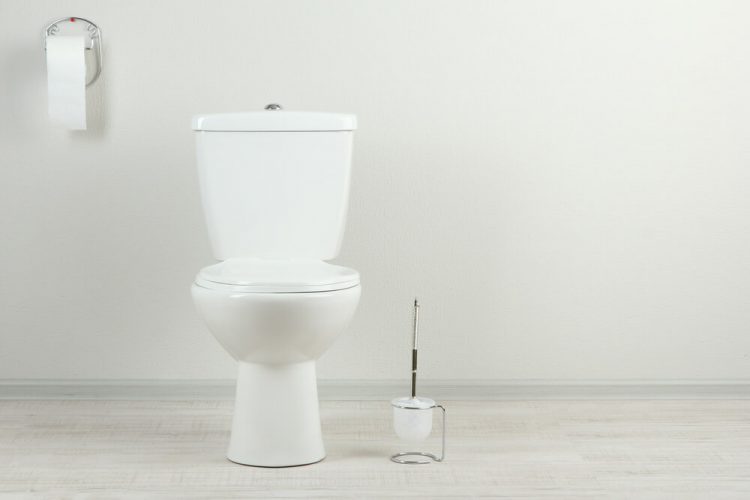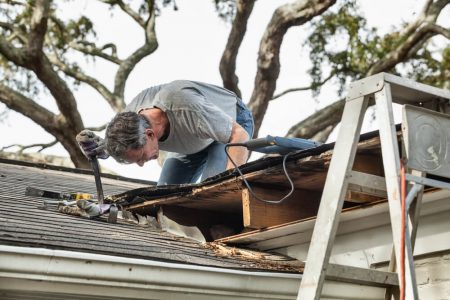There aren’t that many things that could make a grown person sweat buckets as much as a toilet flush that doesn’t do the trick. Whether you’re on a plane, at your date’s house or in a public restroom with someone waiting outside the cubicle, this is one of those instances where you’d wish you had the power to go invisible. Fortunately, this is something that you can fix with a few minutes and a little know-how, says a professional plumber in West London (https://westlondon-plumbers.com/).
A Pittsburgh-based plumbing solutions company has mastered the trick of making a toilet flush more powerful. Here are 5 easy steps:
- Check if the weak flush is caused by clogging—pour a gallon of water into the toilet and flush it. Your toilet is clogged if it doesn’t flush smoothly; in which case, you can use a plunger or a snake to unclog. Otherwise, proceed to step 2.
- Lift up the toilet tank cover and inspect if the water level matches the designated line. If it doesn’t, adjust the water level using the water tank float assembly.
- Inspect the little toilet flush holes around the rim of the bowl for clogging. You can use a bobby pin or any tiny, sharp object to un-clog. Flush to check if this fixes the problem.
- Shut off the toilet’s water tank supply. Pour a gallon of bleach and let sit for 15-20 minutes to allow it to remove any blockage. Turn on the water tank supply and wait 30 minutes before flushing the toilet once more.
- Finish the procedure by doing a vinegar soak. Lift up the toilet tank cover and locate the overflow tube. Remove the rubber fill hose from the overflow tube and replace it with a funnel; pour a quart of white vinegar into the funnel and let sit for 2 hours. This procedure disinfects the toilet mechanism and removes deposits causing your toilet to work inefficiently.
How to Prevent Toilet Clogging
As the saying goes, “An ounce of prevention is worth a pound of cure.” Here are simple tips on how to avoid toilet clogging from an online plumbing specialist.
- Do not flush down any foreign objects such as hygiene products, hairballs, or any other material aside from human waste. The toilet’s mechanism is not designed to flush down solid objects except for human waste—yes, that includes toilet paper. While some toilet paper brands are made of a material that can, indeed, be broken down, some just sit there, waiting for more toilet paper to wreak havoc in your toilet bowl.
- Don’t use harsh chemical drain cleaners. Not only are these harmful to your health when you accidentally touch them with your bare hands or inhale too much, but these can kill the desirable bacteria that are working to keep your toilet environment “healthy”.
- Go for mild, natural toilet cleaners such as vinegar and baking soda. These are not only cheap and readily available in your home; they also work well to keep your toilet clean and smelling fresh.
- Perform toilet inspection every 6 months to ensure that your toilet is in optimal shape and to spot (and fix!) any impending troubles. This includes looking closely for leaks because even the tiniest leaks could lead to huge disasters.
- Buy a good flange plunger and learn how to use it correctly. Remember that it is always best to nip clogs in the bud before they build up to troublesome amounts.
- Teach your children proper toilet care. The moment that you start potty training your kid is also the best time to start teaching how to use the toilet properly.
- When in doubt, consult a professional plumber. Whenever you’re not sure of what you’re doing, keep in mind that it is best—and worth every penny—to hire an expert.
How to Hire the Best Plumber
Plumbing is an important part of home care, which is why you do not just hire the first plumber that you meet. Here are some tips to ensure that your toilet is in good hands:
- Hire only a plumber with a license. If you’re thinking that you can do away with a cheaper but unlicensed plumber, remember that in case something goes wrong, you only have yourself to blame for entrusting a laborer with no certificate.
- Get recommendations from family, friends, and neighbors. Your neighborhood is actually an excellent place to get referrals as these are people you see almost daily and with whom you can easily consult.
- Before starting on any project, ask your plumber for work guarantees. He/she should be able to guarantee his/her work and provide a full warranty for any job done.
- When you have finally found your plumber, make sure to list down all your concerns such as length of the project, the total cost of repairs including labor and materials, other possible costs, and liability insurance.



